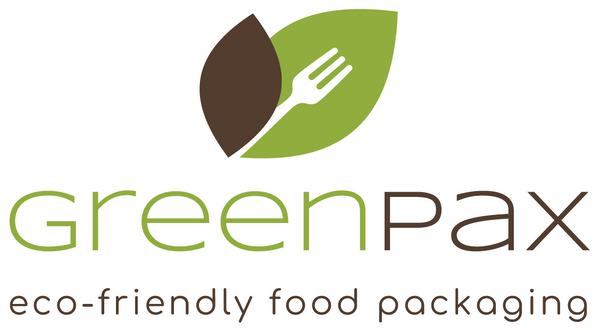
Carbon Neutrality
The Problem
Understanding the Carbon Cycle
The Carbon Cycle is a natural, closed-loop system that recycles carbon atoms, beginning with plants absorbing carbon dioxide through photosynthesis. This carbon travels through the food chain, eventually returning to the ground when plants and animals decompose. Some of this carbon is buried and transformed into fossil fuels over millions of years.
Rising Carbon Levels in the Atmosphere
Since the Industrial Revolution, the extraction and burning of fossil fuels have released "old carbon" back into the atmosphere, disrupting the natural carbon balance. The concentration of carbon dioxide has increased by over 20% since the late 19th century, largely due to human activities like fossil fuel consumption. This imbalance contributes to rising greenhouse gases, leading to global warming and climate change.
Petroleum-Based Plastics Worsen the Problem
Our heavy use of disposable, petroleum-based plastics amplifies greenhouse gas emissions. Every single-use container, cup, or utensil requires fossil fuel to produce. These products persist in the environment for centuries, exacerbating carbon emissions and polluting ecosystems. The widespread consumption of these plastics is unsustainable and harms the planet.
The Solution
Adopt Carbon-Neutral Alternatives
Biomass-based packaging, sourced from renewable plants, offers a sustainable alternative to petroleum-based products. These materials, such as bioplastics and plant-based fibers, absorb carbon during growth and release it back into the soil when composted, maintaining a balanced carbon cycle.
Utilize Agricultural Byproducts
Brands like VerTerra™ and BagasseWare® use agricultural byproducts—like fallen leaves and sugarcane fibers—to create compostable dinnerware and packaging, preventing waste from being burned and releasing carbon dioxide into the atmosphere.
Reduce Harmful Chemicals
Switching to products that avoid harmful chemicals and pesticides, like those made by Earth Friendly Products and BioBag®, reduces greenhouse gas emissions and environmental pollution. Innovations such as soy-based inks and chlorine-free processing further minimize the ecological footprint.
Support Sustainable Forestry
Responsible forestry practices and certifications like SFI® and FSC ensure that wood fibers used in products come from sustainably managed forests. Planting and maintaining forests help capture and store carbon, playing a crucial role in balancing atmospheric carbon levels.
Shift Away from Petroleum-Based Disposables
Replacing petroleum-based foodservice items with plant-based alternatives is a key step toward reducing greenhouse gas emissions. Moving away from fossil fuels and embracing renewable, compostable materials will help us achieve a carbon-neutral future and protect our planet for generations to come.
